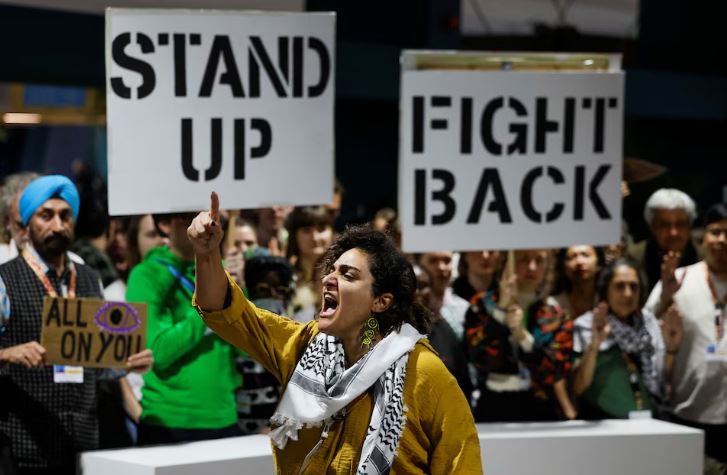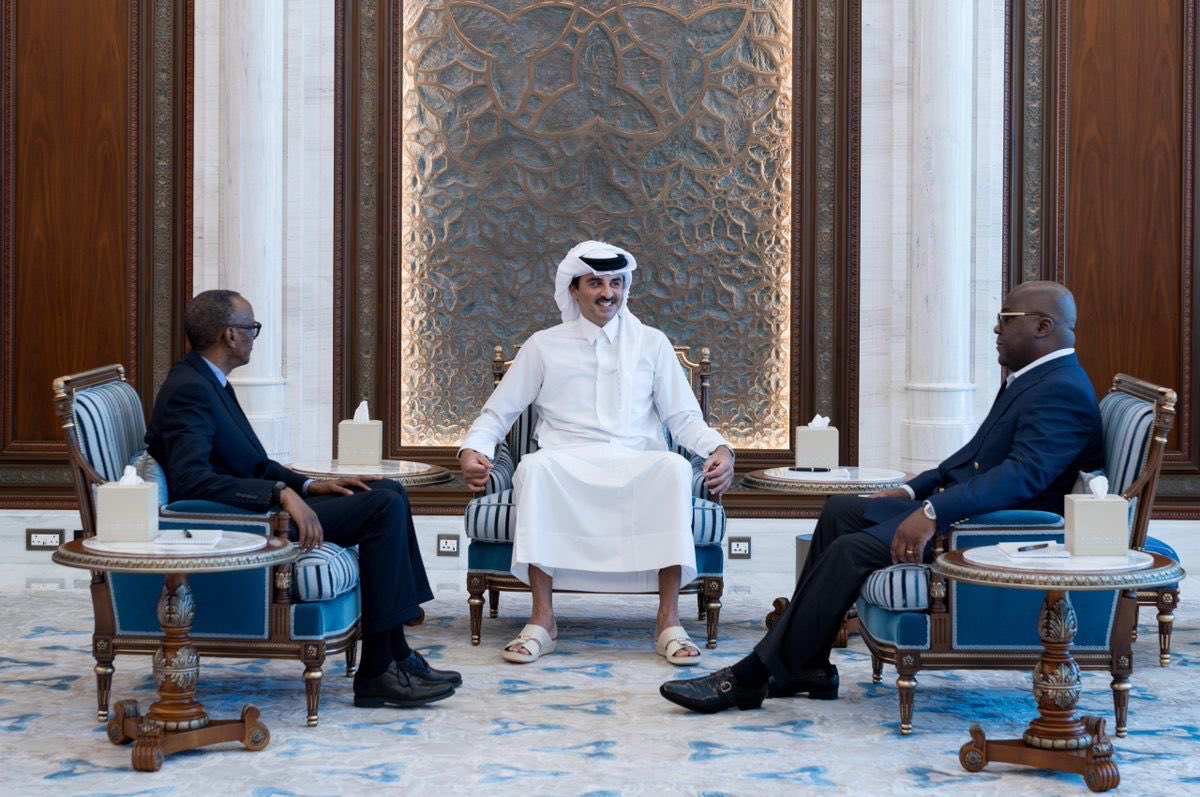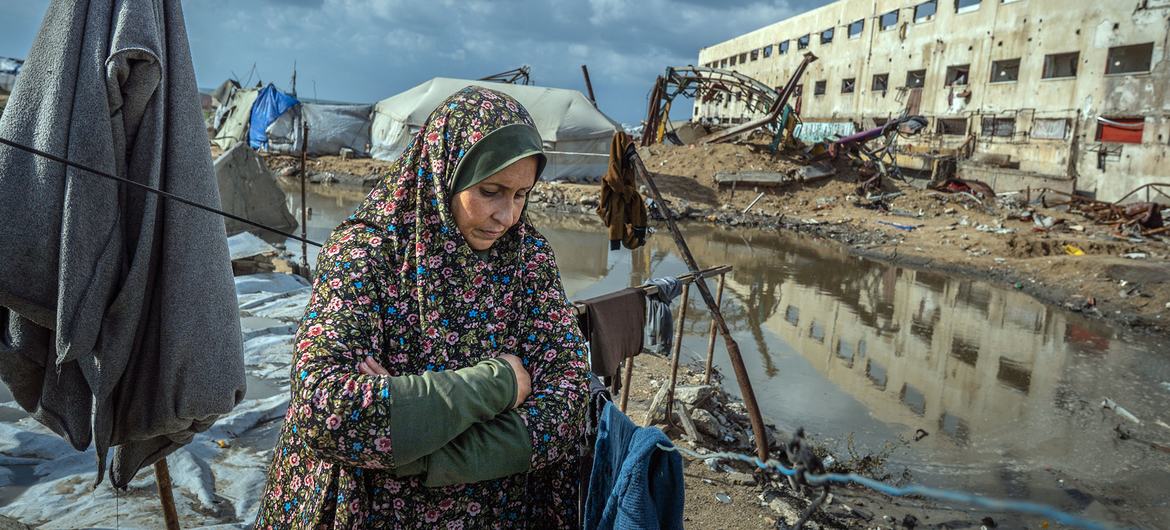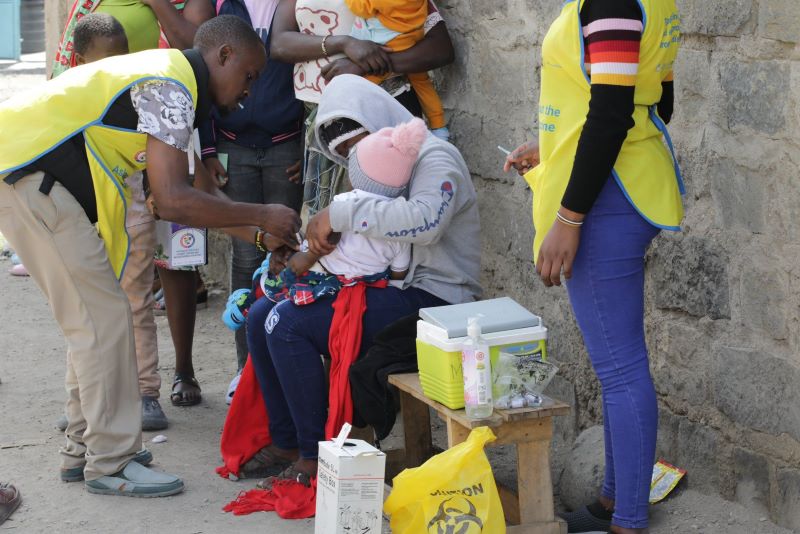COP29 agrees deal to kick-start global carbon credit trading

The agreement hinged on ensuring credibility in the system so it can reliably lead to reductions in greenhouse gas emissions driving climate change.
Countries agreed to a deal at the COP29 climate conference on Saturday on rules for a global market to buy and sell carbon credits. Proponents say this will mobilise billions of dollars into new projects to help fight global warming.
The agreement, clinched roughly a decade after international talks on forming the market began, hinged on ensuring credibility in the system so it can reliably lead to reductions in greenhouse gas emissions driving climate change.
More To Read
- UN warns global climate adaptation funds running dangerously low
- Somalia’s climate crisis demands global action, says IOM
- Historic climate change ruling from the International Court of Justice: What it means for Africa
- Kenya slumps in green energy transition, falls 18 places in global rankings
- Mandera eyes carbon credits to boost climate action, sustainable development
- Experts call for higher carbon credit pricing as global trading takes shape
Carbon credits are created through projects such as planting trees or putting up wind farms in a poorer country that receive one credit for every metric ton in emissions that they reduce or suck out of the atmosphere. Countries and companies can buy those credits to help reach their climate goals.
After striking an agreement early in the two-week conference that will allow a centralised U.N. trading system to launch as soon as next year, negotiators spent much of their time in Azerbaijan trying to hammer out details of a separate bilateral system for countries to trade directly.
Details to be worked out included how a registry to track credits would be structured, as well as how much information countries should share about their deals and what should happen when projects go wrong.
Greater transparency
Among the strongest voices was the European Union calling for stricter U.N. oversight and greater transparency over trade between nations, while the United States sought more autonomy over the deals struck.
The COP29 presidency had published a draft deal ahead of the agreement that proposed allowing some countries to issue carbon credits through a separate registry system, without that amounting to a U.N. seal of approval.
The final text was a compromise after the EU secured registry services for countries that can't afford to set up their own ledgers for issuing and tracking credits, while the U.S. ensured that a transaction merely being recorded on such a registry does not qualify as a U.N. endorsement of the credits.
By agreeing that the registry would not determine a credit's quality or endorse issuers, the EU had "gone way out of its way to accommodate the U.S.", said Pedro Barata, who tracked the talks for the non-profit Environmental Defense Fund.
"It's still a viable international trading system... even if some people will say it has no teeth."
While shoring up a global market for carbon credits was a key focus of talks in Baku, bilateral trading began in January when Switzerland bought credits from Thailand and dozens of other countries have already made agreements to transfer credits.
But those deals remain limited and striking the right balance on a clear set of rules to ensure integrity and transparency without limiting countries' ability to participate should prompt a pick-up in deal flow.
IETA, a business group that supports an expansion of carbon credit trading, has said a U.N.-backed market could be worth $250 billion a year by 2030, and count towards offsetting an extra 5 billion metric tons of carbon emissions annually.
Top Stories Today













































